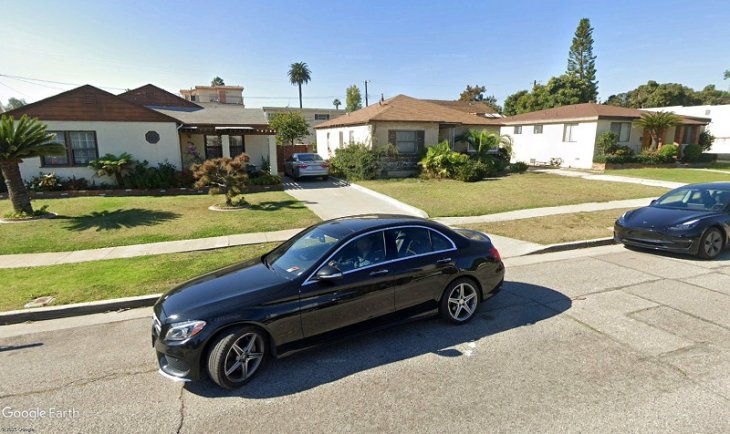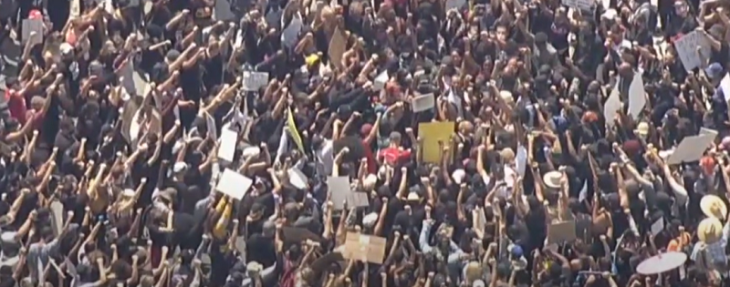Senator Durazo’s Amended Eviction Protection Bill Moves Forward in California Senate
A provision to cap rent increases at the Consumer Price Index inflation rate and lower the maximum threshold to 5% will not be included in a California eviction protection bill, removing an important part of the renter’s protections included in the original text as reported by The Sacramento Bee.
The Senate Judiciary Committee seemed to favor Senator María Elena Durazo’s legislation to strengthen a 2019 bill that established a 10% statewide rent cap and prevented landlords from evicting tenants without just cause. However, the committee’s approval depended on removing the rent cap provision in Senate Bill 567. Under existing law, rent hikes are capped at 5% plus inflation, with a maximum of 10%, but single-family and mobile homes are exempt.
Durazo aims to close eviction protection loopholes by amending the bill to tighten existing rules that allow evictions when landlords want to move in or rent to family members, substantially renovate a unit, or remove a rental from the market.
The committee approved the amended bill by a 9-2 vote, but Committee Chair Thomas Umberg warned that the bill’s approval hinged on continued negotiations over how to enforce the strengthened rules. Advocates say enforcing the current laws currently falls on tenants, who lack the resources and time needed to fight evictions.
Durazo’s bill would impose several new requirements on landlords in California. First, landlords would be required to allow tenants to return to their units after substantial renovations and disclose the repairs being made. Landlords would not be able to force tenants to move unless the repairs would take at least 60 days and were necessary for health and safety reasons.
If a landlord moves into their unit or rents to a family, they must ensure that the rental remains occupied for at least three months after the tenants are evicted, and they must live in the unit for at least three years. Additionally, the bill would prohibit landlords from renting units that they remove from the market for at least 10 years.





















